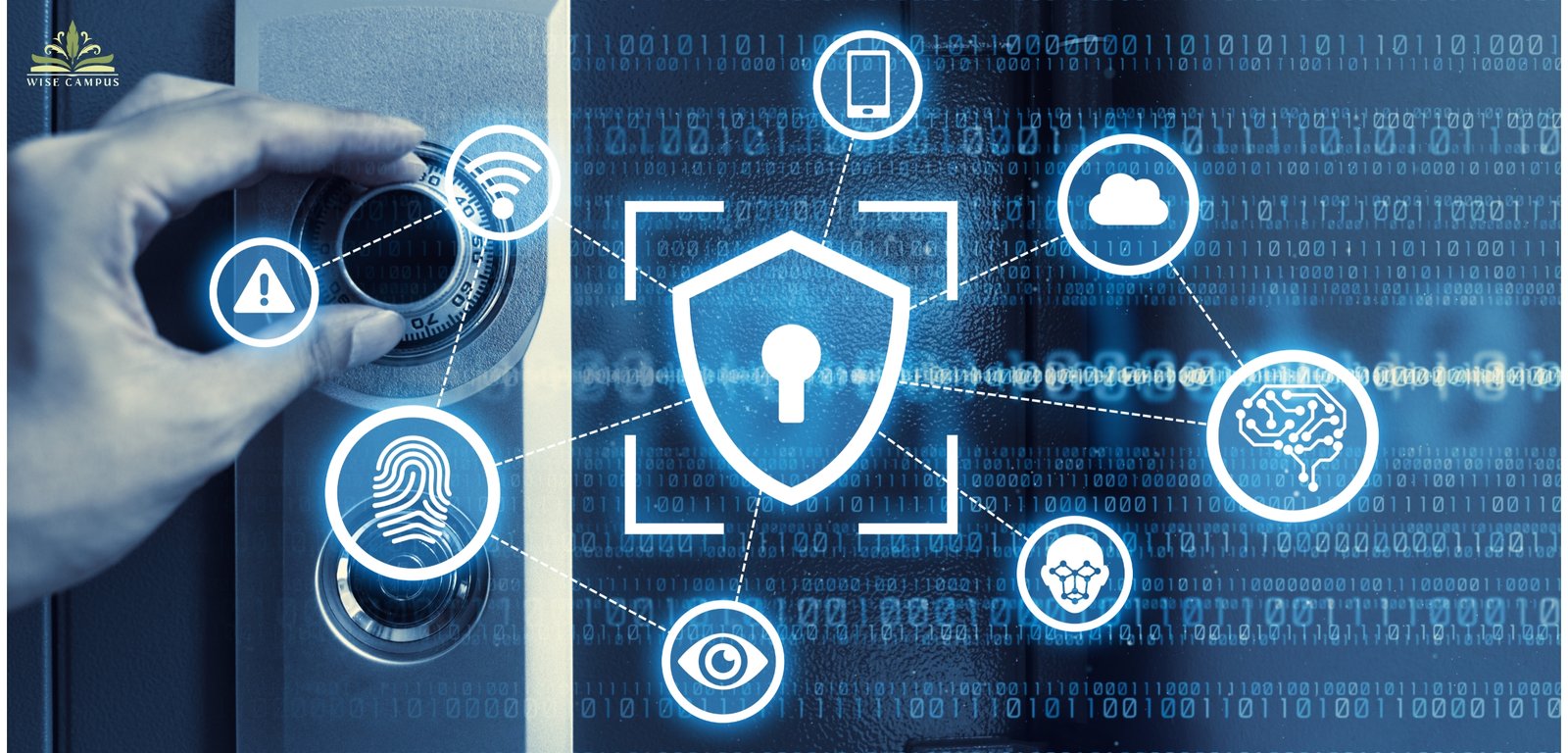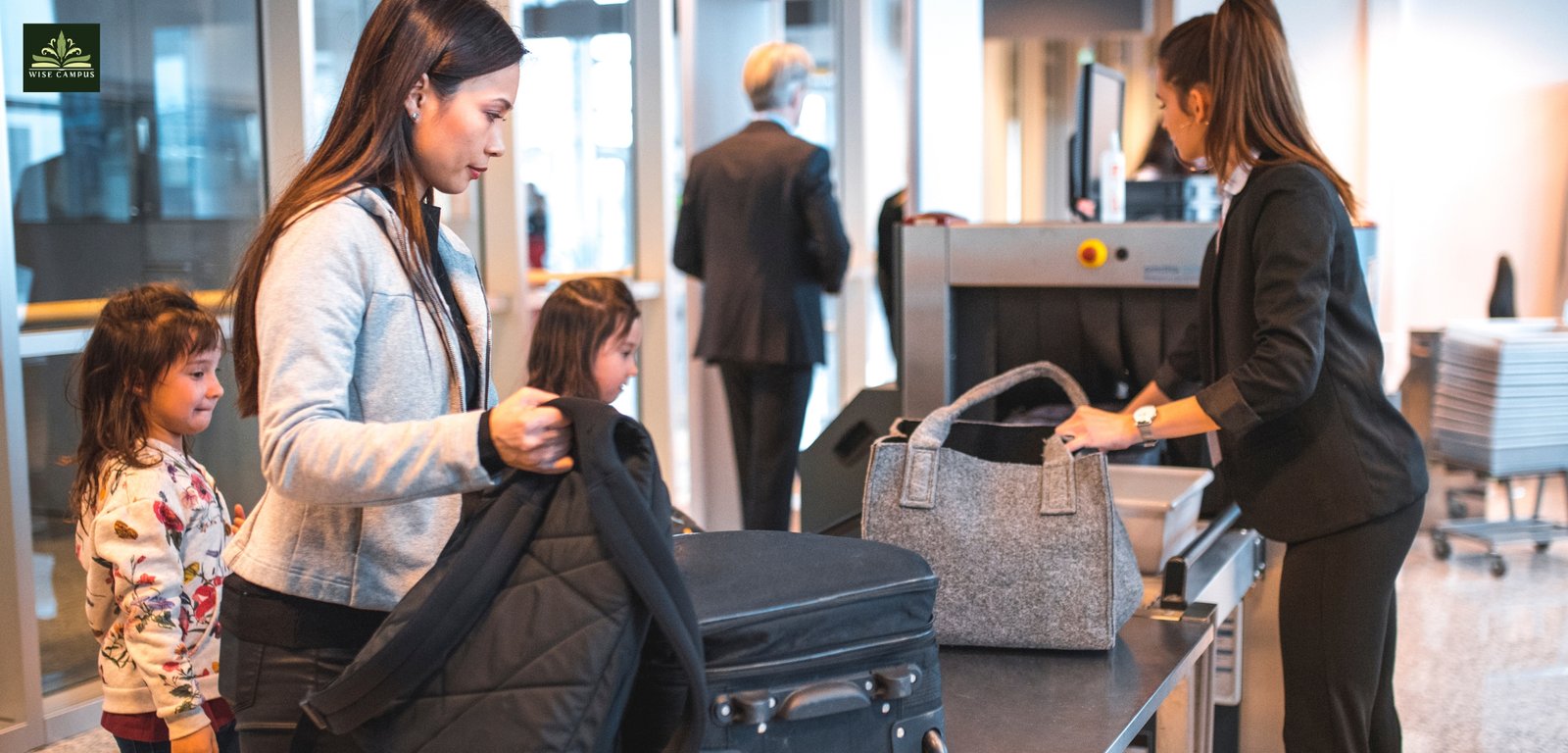No products in the cart.
Have you ever wondered why security clearances can take so long to process? You usually need a security clearance if you are applying for a government position, working with a contractor, or requesting access to sensitive data. However, the time it takes to receive one can be confusing, especially for those who are unfamiliar with the process. In this blog, we will explore all aspects of security clearance timing, from what to expect in each phase to the factors that may speed up or delay the process.

What is Security Clearance?
A security clearance is a background check to ensure someone can handle sensitive information safely. It’s common in government roles, especially in defence, intelligence, and law enforcement, and sometimes in private-sector jobs needing classified access. Clearance levels vary, with higher levels requiring more in-depth checks and longer processing times.
How Long Does It Take for Security Clearance?
The time required to obtain security clearance varies depending on several factors, including the level of clearance, the individual’s background, and even the current workload of the agency handling the clearance. On average, here’s a general breakdown of how long each type of clearance may take:
- Baseline Security Clearance (for entry-level roles): It may take roughly 3 to 6 months.
- Secret Clearance (for sensitive roles): Typically 6 months, but could extend to 12 months in some cases.
- Top Secret Clearance (for highly sensitive roles): It may usually take 8 to 18 months, but it sometimes takes longer for cases that require in-depth investigation.
These times are only estimates and can change due to various factors. Thus, while some individuals may complete the process in a few months, others could wait well over a year.
Factors That Affect Security Clearance Timing
There are many elements that can affect processing time, and knowing these factors can help applicants better understand the potential waiting period.
Level of Clearance Required
Higher levels of clearance take longer to process because they involve more detailed investigations. Baseline checks are usually quicker, but top-secret clearances, which require more comprehensive background checks, often take longer. This is due to the additional inspection needed to evaluate an individual’s trustworthiness for access to highly sensitive data.
Applicant’s Background
The security clearance procedure may also depend on your personal history. So, here are a few factors that are often considered:
- Criminal Record: An individual having a criminal record might face longer processing times, as agencies may conduct additional checks to assess any potential security risks.
- Foreign Contacts: If an applicant has close foreign contacts or relatives, the process may take longer as additional vetting may be required.
- Financial History: Financial issues such as bankruptcies or significant debt can slow down the process because they are considered potential indicators of vulnerability.
Agency Backlog
Government agencies often handle a high volume of security clearance applications. When there is a backlog, it can slow down the processing time for everyone. Moreover, agencies sometimes have more requests than they can handle at once, which creates delays. As a result, applicants may experience longer wait times before receiving their clearance approval.
Incomplete Information
The process can be delayed when an applicant provides incomplete or incorrect information. Therefore, it is important to double-check your application and ensure all requested documents are submitted. Missing information may lead to requests for further documentation, adding additional weeks or even months.
Quality of Investigation
If an investigator handling a case identifies issues that need closer examination, they will slow down the process to ensure a thorough review. While this may extend the waiting time, it is necessary to guarantee that all checks are completed satisfactorily. These additional steps are essential to ensuring the security clearance is accurate and reliable.
Stages of the Security Clearance Process
There are several stages that involve obtaining security clearance to understand why each part takes time.
- Application Submission: The first step is submitting your application with the necessary documents, personal details, and work history. This is typically quick but can take longer if information is difficult to gather.
- Background Investigation: A background check is done, including criminal history, financial history, and sometimes interviews with references. Higher clearances require more detailed checks, extending this stage.
- Adjudication: The information from the investigation is reviewed to assess security risks. This stage is time-consuming, as each case is thoroughly evaluated.
- Notification of Clearance Decision: Once adjudication is complete, the applicant is notified of the decision. If denied, an appeal can be made, which will add more time.
Tips to Speed Up the Security Clearance Process
There are a few steps you can take to ensure it progresses as smoothly as possible. Here are some of the following:
- Submit Complete and Accurate Information: One of the most common reasons for delays is incomplete or inaccurate information. Therefore, double-check all details before submitting your application, including personal history, employment records, and contact details.
- Disclose Everything Honestly: It’s important to be fully honest in your application. Failing to disclose information, even if it seems unimportant, can lead to further investigations or, worse, denial. Thus, it is better to be upfront to avoid unnecessary delays.
- Respond to Requests Quickly: If an agency requests additional information or clarification, respond as quickly as possible. A prompt response can help move your application forward without adding any additional waiting time.
- Follow Up If Necessary: If you feel your application has been delayed longer than expected, you can follow up with the agency handling your clearance. This should be done politely and only after the estimated waiting period has passed.

Common Questions About Security Clearance Timing
Below are some frequently asked questions about how long it takes for security clearance and the factors involved.
Can I Start Work Without Security Clearance?
This depends on the role and the employer’s policies. For instance, in some cases, you may be able to start work without clearance, but you may have limited access until it’s completed.
Does My Security Clearance Expire?
Yes, security clearances do expire. A confidential clearance is usually valid for 15 years, a secret clearance for 10 years, and a top-secret clearance for five years. However, you may need to undergo periodic reinvestigations to maintain clearance.
What Happens if My Application Is Denied?
If your security clearance application is denied, you may have the option to appeal. However, this appeal process can take several months and is not always successful.
Conclusion
The time it takes for security clearance can be difficult to predict, as it depends on multiple factors. However, understanding the different phases and reasons for delays can help you manage your expectations and avoid unnecessary stress. Thus, while the wait may seem long, being patient, staying informed, and following up as necessary can help you navigate the process more smoothly.
By knowing what to expect, being honest, and submitting a complete application, you can help ensure that your security clearance process moves forward as quickly as possible. Remember, the more prepared you are, the easier it is to handle any waiting time along the way.
If you want to upgrade your qualifications and understanding of security protocols, consider enrolling in the IT Security Course offered by Wise Campus. It will equip you with the knowledge to navigate both cybersecurity challenges and security clearance processes more effectively.






